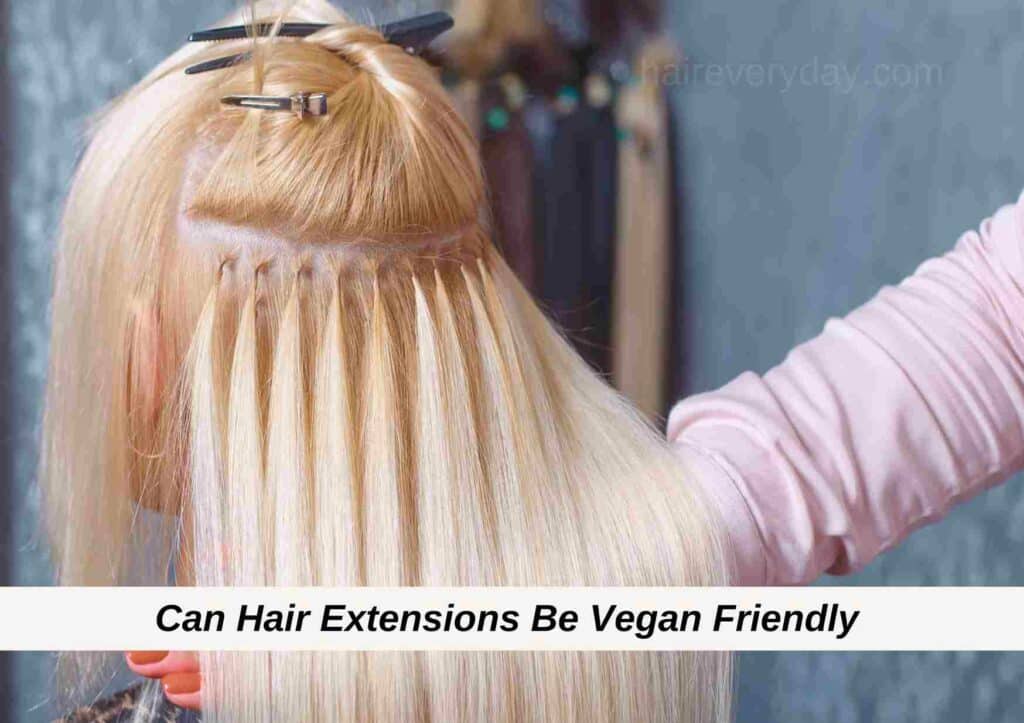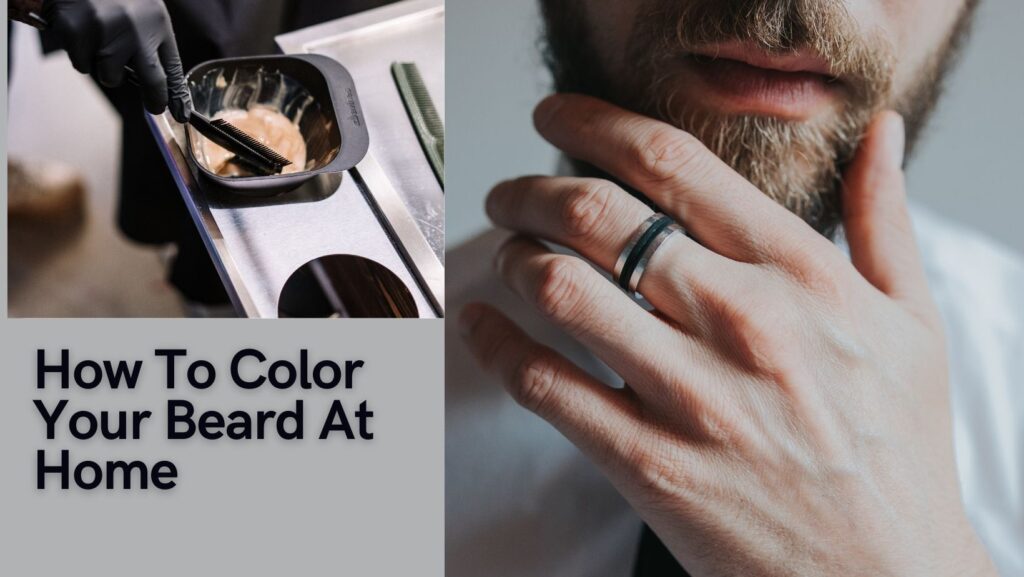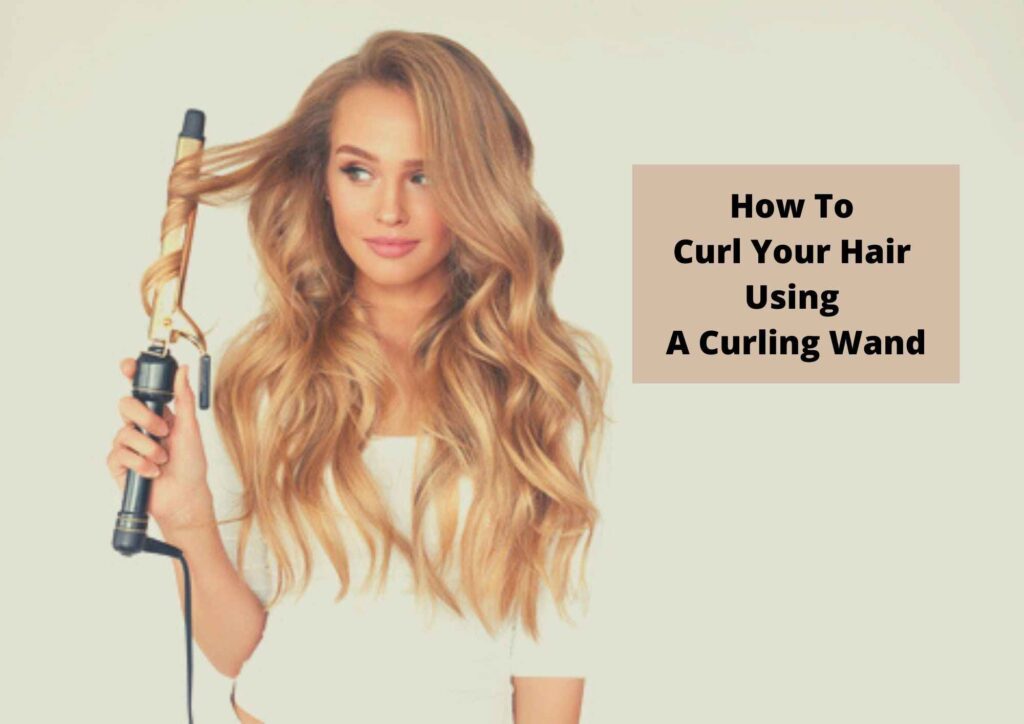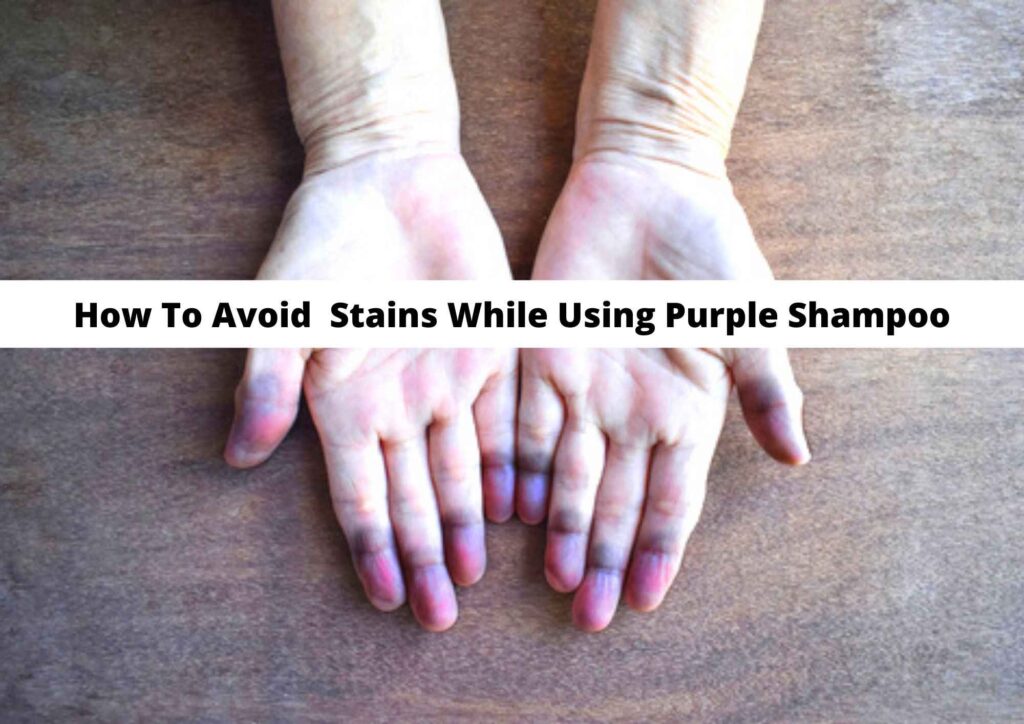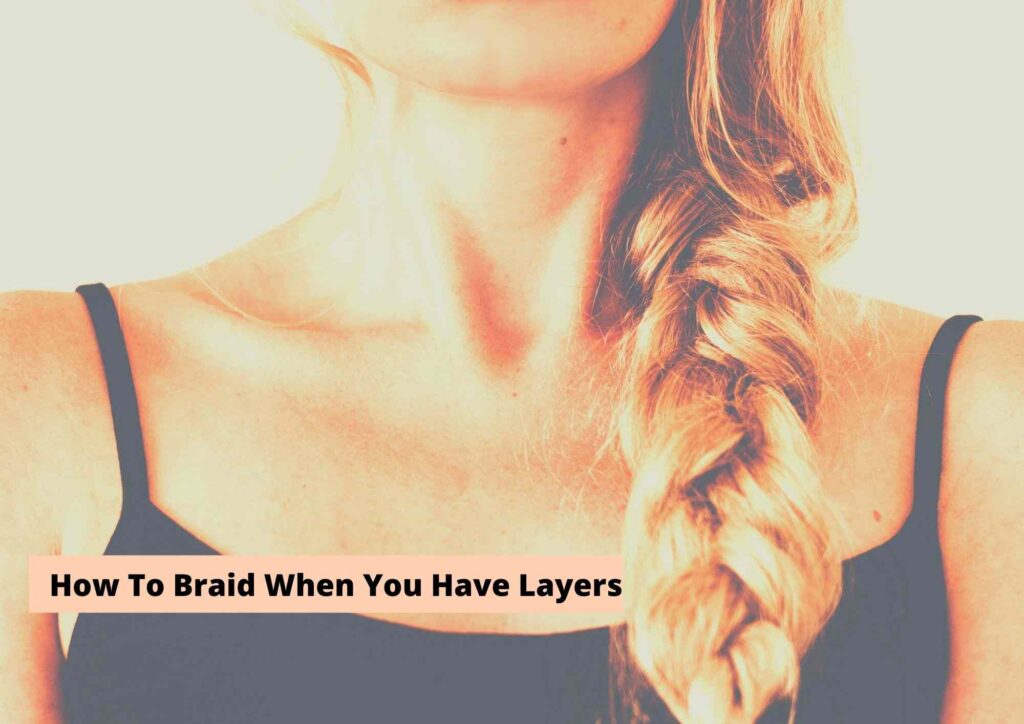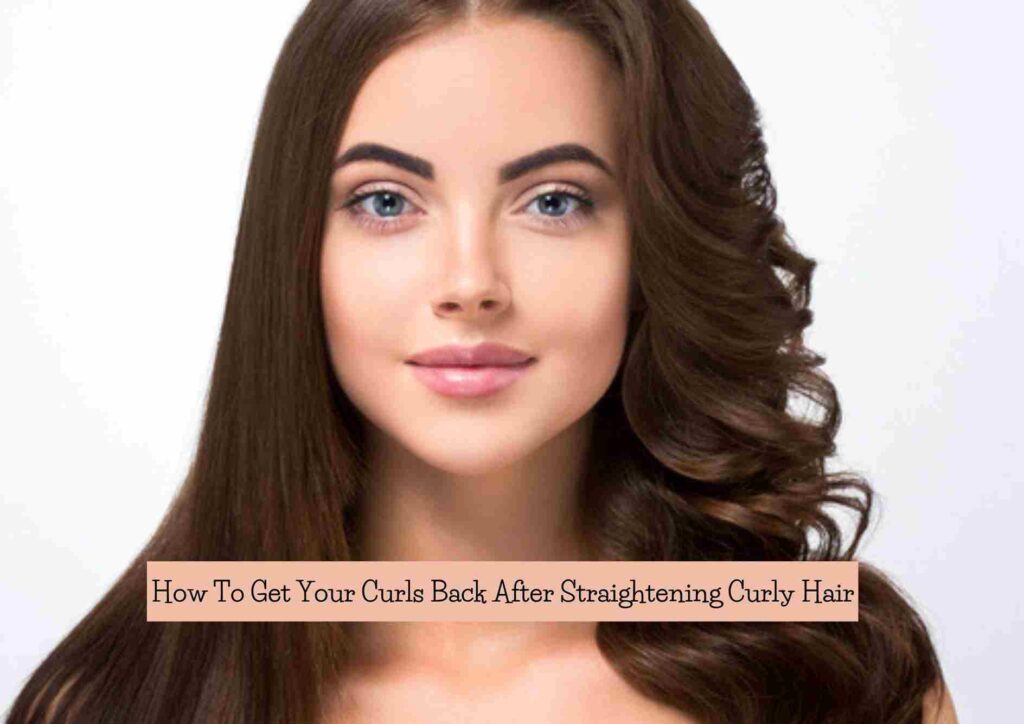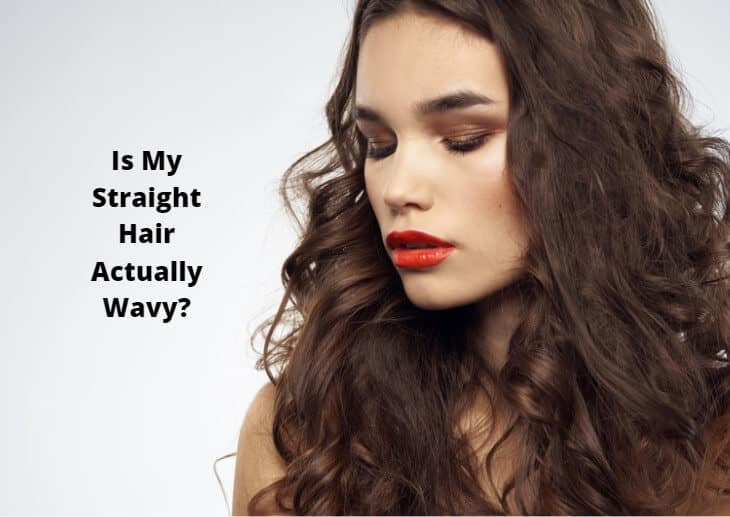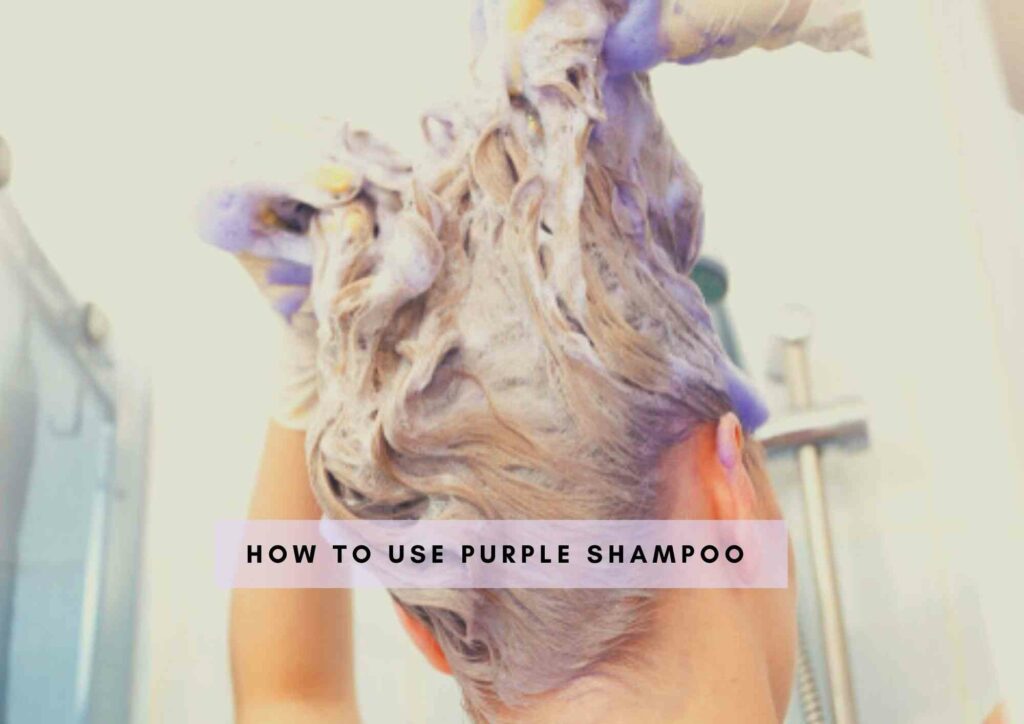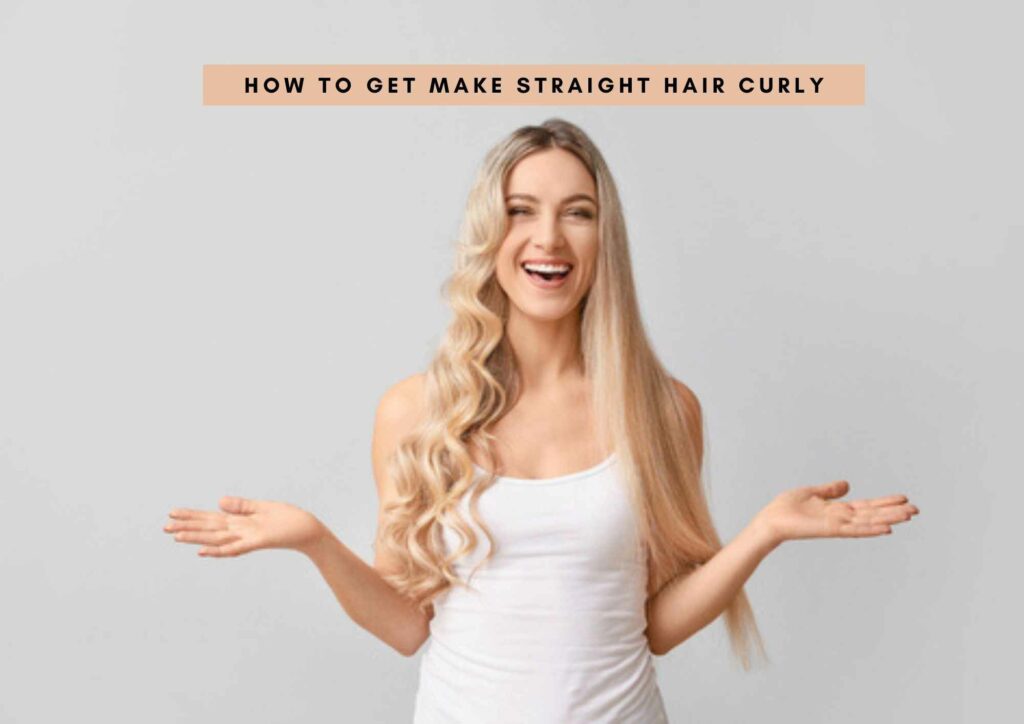“Exploring vegan hair extensions? Dive into our article on ‘Can Hair Extensions Be Vegan Friendly?’ Learn about cruelty-free options and make an ethical choice for your hair transformation.”
Hair extensions have become a popular accessory for individuals looking to enhance their hair’s length, volume, and overall appearance. However, as the demand for ethical and sustainable products grows, many people are questioning whether hair extensions can align with vegan values.
In this article, I will delve into the world of vegan hair extensions, exploring what they are, how they are made, their benefits, and their ethical considerations. Additionally, we will discuss whether vegan hair extensions can provide a natural look when worn.
Can Hair Extensions Be Vegan Friendly
What Exactly Are Vegan Hair Extensions
Vegan hair extensions are a type of hair accessory that aims to be cruelty-free and animal-friendly. Unlike traditional hair extensions that often use human or animal hair, vegan hair extensions are created without any animal-derived components. Instead, they are made from synthetic fibers or plant-based materials.
1. Synthetic Vegan Hair Extensions: The most common type of vegan hair extensions are synthetic extensions. These extensions are typically made from synthetic fibers such as polyester or polyethylene terephthalate (PET). Synthetic hair is manufactured to mimic the texture and appearance of natural hair and can be found in a wide range of colors and styles.
2. Plant-Based Vegan Hair Extensions: Another option for vegan hair extensions includes those made from plant-based materials. Some manufacturers use fibers derived from plants like corn or sugarcane to create hair extensions that closely resemble real human hair.
Vegan-Based Hair Extension Line, Rebundle, Raises $1.4 Million https://t.co/ChGncd1uat pic.twitter.com/rPFQ7pY0Hf
— Vegan Future (@veganfuture) January 23, 2022
The Benefits Of Vegan Hair Extensions
Vegan hair extensions offer several notable benefits, making them an attractive choice for individuals who are conscious of their ethics and the environment. Here are some of the top benefits of vegan hair extensions:
Cruelty-Free: Perhaps the most significant advantage of vegan hair extensions is that they are cruelty-free. Traditional hair extensions often use human or animal hair, which may involve exploitative practices in sourcing and processing.
Vegan extensions, on the other hand, ensure that no animals are harmed or exploited in any way during their production. This aligns with ethical values and promotes animal welfare.
Sustainability: Vegan hair extensions are more sustainable compared to those made from animal or human hair. The production of animal hair extensions can involve practices that are not environmentally friendly, while human hair extensions may not always come from sustainable sources.
Vegan extensions are typically made from synthetic fibers or plant-based materials, which are readily available and reduce the environmental impact associated with traditional extensions.
Versatility: Vegan hair extensions offer a wide range of options in terms of colors, lengths, and styles. Whether you’re looking for vibrant colors, ombre effects, or classic natural shades, you can find vegan extensions to match your preferences. This versatility allows individuals to experiment with different looks without compromising their vegan values.
Affordability: Vegan hair extensions are often more budget-friendly than natural hair extensions. This affordability makes them accessible to a broader range of consumers who want to enhance their hair’s appearance without breaking the bank.

Durability: Synthetic vegan hair extensions tend to be more durable and less prone to damage than natural hair extensions. They are less susceptible to factors like humidity, which can affect the texture of natural hair extensions. As a result, vegan extensions are a long-lasting investment, providing value for money.
Hypoallergenic: Some individuals may experience allergies or sensitivities when exposed to animal hair or certain chemicals used in hair products. Vegan hair extensions, especially synthetic ones, are generally hypoallergenic, reducing the risk of skin or scalp reactions.
Low Maintenance: Vegan hair extensions often require minimal maintenance compared to natural hair extensions. Synthetic extensions do not require regular conditioning or styling to the same extent as human hair. This convenience is particularly beneficial for individuals with busy lifestyles.
Customization: Many vegan hair extensions can be heat-styled, allowing you to create the desired look with curling irons, straighteners, or other styling tools. This versatility enables you to achieve various hairstyles and adapt your extensions to different occasions.
No Color Fading: Vegan extensions, especially synthetic ones, tend to maintain their color vibrancy over time. Unlike natural hair extensions, which may fade or change color with exposure to sunlight or styling products, vegan extensions offer long-lasting color consistency.
Availability: Vegan hair extensions are readily available from various brands and retailers. You can find them in physical stores or online, giving you a wide range of options to choose from.
In conclusion, vegan hair extensions offer a range of benefits, including cruelty-free production, sustainability, versatility, affordability, durability, and customization. These extensions provide an ethical and eco-friendly alternative to traditional hair extensions, allowing individuals to enhance their hair’s appearance while aligning with their values.
How Are Vegan Hair Extensions Made
The production process of vegan hair extensions varies depending on whether they are synthetic or plant-based. Let’s take a closer look at each manufacturing process:
Synthetic Vegan Hair Extensions:
1. Fiber Production: Synthetic hair extensions are created by extruding synthetic fibers, such as PET, through a process that involves heating and cooling. This results in strands that closely resemble human hair in texture and appearance.
2. Color and Texture: After the fibers are produced, they are dyed and styled to achieve the desired color and texture. Manufacturers can create a wide range of options to cater to different consumer preferences.
3. Weaving or Bonding: The synthetic hair strands are either woven into a weft (a strip of hair that can be attached to the natural hair) or bonded to clips, tapes, or other attachment methods.

Plant-Based Vegan Hair Extensions:
1. Fiber Sourcing: For plant-based extensions, manufacturers source fibers from renewable and plant-derived materials such as corn or sugarcane.
2. Processing: These natural fibers are processed to resemble human hair. This may involve a combination of heat treatments, chemical processes, and styling techniques.
3. Attachment Methods: Similar to synthetic extensions, plant-based hair extensions can be attached using various methods like weaving, bonding, or clip-ins.
Related: Are Hair Extensions Made From Real Hair
Difference Between Vegan Synthetic And Vegan Real Hair Extensions
One common misconception is that vegan hair extensions are all synthetic. While synthetic extensions are a popular choice among those seeking vegan options, there are also plant-based extensions that aim to replicate the look and feel of real hair.
1. Synthetic Vegan Hair Extensions: Synthetic extensions are typically made from synthetic fibers, which are created to mimic human hair. They are often budget-friendly and come in a wide variety of colors and styles. However, they may not always perfectly replicate the texture and movement of real hair.
2. Plant-Based Vegan Hair Extensions: These extensions are made from natural plant-based fibers but are designed to closely resemble human hair fibers. They offer a more realistic texture and appearance compared to synthetic options. Plant-based extensions are a sustainable choice for those seeking vegan hair extensions that look and feel like real hair.
Ultimately, the choice between synthetic and plant-based vegan hair extensions depends on personal preferences, budget, and desired aesthetics.
Are Vegan Hair Extensions Ethically Sourced

Ethical sourcing is a crucial consideration when it comes to vegan hair extensions. While the absence of animal-derived materials is a step toward ethical production, there are still concerns related to labor conditions, environmental impact, and transparency in the industry.
1. Labor Conditions: It’s important to ensure that the production of vegan hair extensions adheres to fair labor practices. Ethical manufacturers prioritize safe and fair working conditions for their employees.
2. Environmental Impact: Sustainable sourcing and production methods are essential for minimizing the environmental impact of hair extensions. This includes using eco-friendly materials, reducing waste, and implementing responsible manufacturing practices.
3. Transparency: Consumers should seek out brands that provide transparency regarding their sourcing and production processes. Brands that openly share information about their suppliers, materials, and ethical practices are more likely to be trusted by consumers.
To ensure that your vegan hair extensions are ethically sourced, research the brands and manufacturers, read customer reviews, and look for certifications or endorsements from reputable ethical organizations.
Do Vegan Hair Extensions Look Natural After Wearing
One of the primary concerns for individuals considering vegan hair extensions is whether they will look natural once attached and worn. The answer largely depends on the type of vegan hair extensions chosen and how they are applied.
1. Synthetic Vegan Hair Extensions: Synthetic extensions can provide a natural appearance when properly selected and styled. Many synthetic options are designed to mimic the texture and shine of real hair. However, they may not move as naturally as human hair and may require more care to maintain their look.
2. Plant-Based Vegan Hair Extensions: Plant-based extensions are crafted to closely resemble the texture and appearance of real hair. When applied correctly, they can provide a highly natural look. Their similarity to human hair makes them a preferred choice for those seeking a seamless and authentic appearance.
3. Professional Application: The skill of the hairstylist or individual applying the extensions also plays a significant role in achieving a natural look. Professional application ensures that the extensions blend seamlessly with the natural hair, creating a cohesive and realistic hairstyle.
4. Proper Care and Maintenance: To maintain a natural look, vegan hair extensions, like all extensions, require proper care and maintenance. This includes regular washing, conditioning, and styling as needed. Following care instructions provided by the manufacturer is crucial.
5. Texture and Color Match: Choosing extensions that match the texture and color of your natural hair is essential for a natural look. Many vegan hair extensions come in various shades and styles to facilitate a close match to your existing hair.
In conclusion, vegan hair extensions offer a cruelty-free and sustainable alternative to traditional hair extensions. They can provide a natural appearance when selected, applied, and cared for properly.
The choice between synthetic and plant-based vegan extensions depends on personal preferences and desired aesthetics.
To ensure ethical sourcing, it’s essential to research brands and prioritize transparency in the production process. By making informed choices, individuals can enjoy the benefits of vegan hair extensions while aligning with their ethical values.
Why You Should Trust Haireveryday?
The author of this article, Leah Marie Priest has a degree in Cosmetology with years of experience in dealing with hair care, scalp care, and hairstyling. As someone who extensively deals with all kinds of hair textures, products, styling methods and more, hair Leah Marie knows what kind of products and procedures suit each hair type and person. We have also tested these hair products and processes ourselves to provide you an unbiased review about every product. Each of our articles are also reviewed by a team of medical professionals so that you get the most accurate and expert-reviewed information.
Also Read:
Can You Curl Synthetic Hair Extensions
Are Hair Extensions Made From Real Hair
Different Types Of Hair Extensions
Can I Swim With Clip in Hair Extensions
To Summarize

